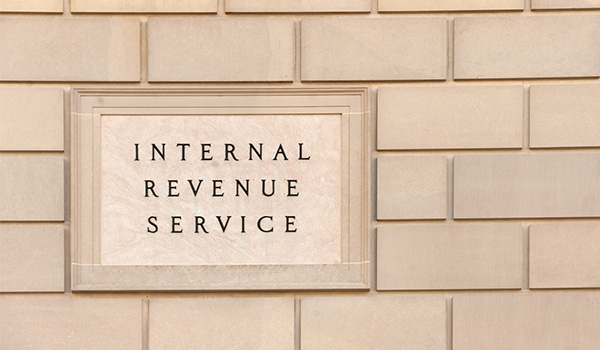11-29-2023 |
IRS Issues Proposed Regulations for Long-Term Part-Time Employees
By: BrownWinick

On Friday, November 24th, the IRS issued the long-awaited Proposed Treasury Regulations amending the existing Treasury Regulations for 401(k) plans and providing guidance relating to treatment of long-term part-time employees (“LTPTE”) within 401(k) plans. The LTPTE concept was codified by the Setting Every Community Up for Retirement Enhancement (“SECURE”) Act of 2019 and further modified by the SECURE 2.0 Act.
Prior to the SECURE Act, 401(k) plans could not require employees to complete a period of service longer than one year (or 1,000 hours in a 12-month period) before they became eligible to participate in the plan. The SECURE Act now requires 401(k) plans to allow certain employees to participate even if they do not meet these requirements. Specifically, the SECURE Act requires employers to allow employees to participate in a 401(k) plan if they work at least 500 hours during any two consecutive 12-month periods (with respect to 2024 only, employers can require that employees work at least 500 hours during any three consecutive 12-month periods). While employers must allow LTPTE to make elective deferrals into their 401(k) plans once they become subject to the new LTPTE rules, employers are not required to include LTPTE for purposes of matching, profit sharing, or other employer contributions.
The Proposed Regulations provide guidance on the following topics:
- Definition of LTPTE
- Eligibility to participate as a LTPTE and fit with existing service crediting rules (such as the elapsed time method and equivalency method)
- Entrance date requirements for LTPTE who become eligible to participate
- Special vesting rules for LTPTE
- Special testing procedures for plans with LTPTE
- Rules for employees who shift between LTPTE status and non-LTPTE status from year-to-year
- Non-elective and matching contribution requirements for LTPTE
The LTPTE rules become effective for plan years beginning on or after January 1, 2024. As we approach the end of 2023, all employers sponsoring 401(k) plans should make sure they have a plan to bring LTPTEs into their plan in 2024. The deadline to adopt a plan amendment documenting these changes is the last day of the first plan year beginning on or after January 1, 2025 (January 1, 2027, for applicable collectively bargained plans and certain governmental plans). Taxpayers may rely on the Proposed Regulations until Final Regulations are issued. Comments to the Proposed Regulations are due by January 26, 2024.
This article was written for general informational purposes and summarizes tax and employee benefits laws. As such, it should not be relied upon for compliance with the Internal Revenue Code or ERISA.
CONTACT INFORMATION
Should you have questions about required plan amendments, please contact your BrownWinick attorney or one of our employee benefits attorneys, as listed below:

